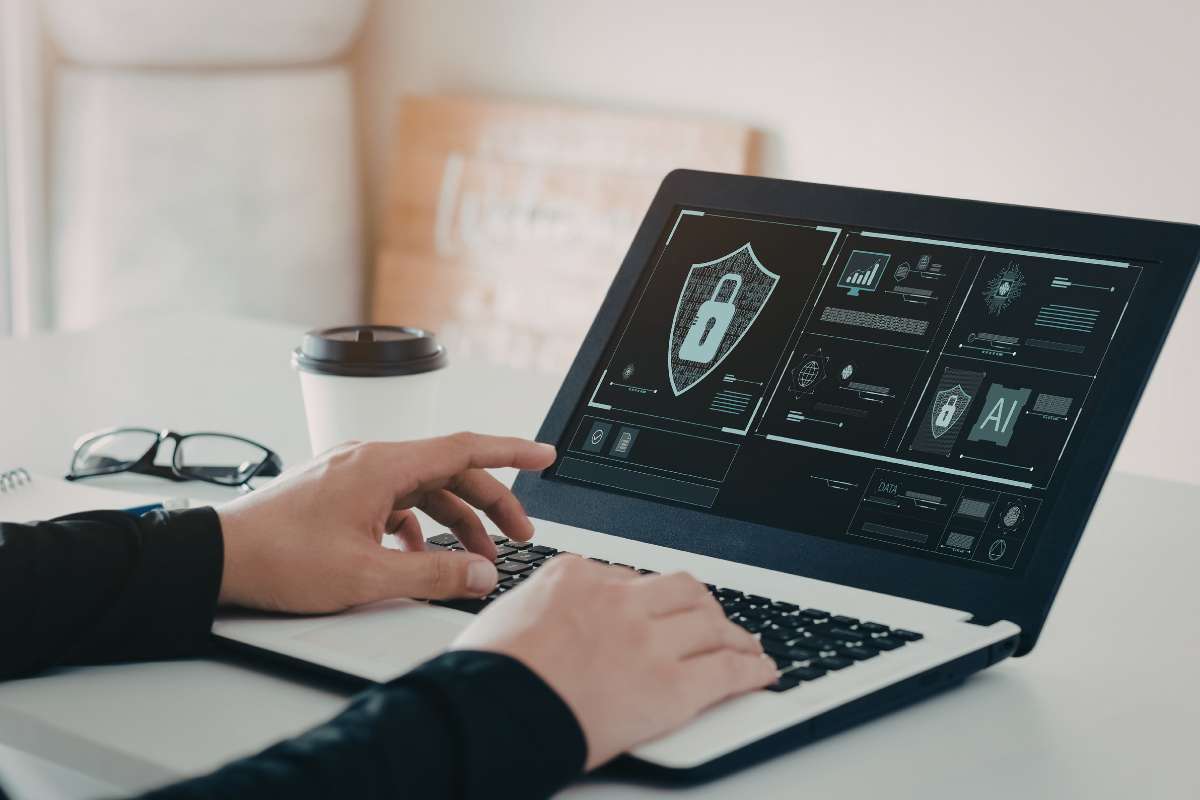Cyber Retaliation Concerns Rise Following U.S.-Iran Escalation
Federal officials have issued fresh warnings about potential Iranian cyber threats following a recent escalation in hostilities between the United States and Iran. Although there are no confirmed threats against the U.S. homeland, the Department of Homeland Security flagged a “heightened threat environment” on June 22. Experts believe that while large-scale cyber attacks are unlikely, low-level intrusions targeting public infrastructure or private entities remain a distinct possibility.
This alert follows U.S. airstrikes on three Iranian nuclear sites on June 21, which prompted Iran to retaliate by targeting a U.S. military base in Qatar two days later. Analysts, including cybersecurity scholar Scott White of George Washington University, suggest that further cyber retaliation cannot be ruled out. Iran has previously demonstrated its willingness to target nations with stronger cyber capabilities. A U.S. intelligence report from 2024 highlighted a 700% spike in cyber activity following an Israeli airstrike on Tehran’s nuclear assets.
Anton Dahbura of Johns Hopkins University stated that cyber warfare has become a normalized tool in modern geopolitical conflicts. Iran’s past cyber offenses include attacks on U.S. banking systems and an attempt to breach a New York dam’s operations. The potential for Iran to exploit existing vulnerabilities in American infrastructure remains an open question, according to national security expert Jamil Jaffer.
What This Means for American Citizens and Businesses?
While the Iranian cyber threat remains serious, experts caution against overreacting. John Hultquist of Google’s Threat Intelligence Group emphasized that Iranian cyber operations often exaggerate their impact for psychological effect. The concern, however, is not entirely unfounded. According to former intelligence officials, Iran has the capability to cause localized disruptions, particularly in sectors like energy, health care, and banking.
The Food and Agriculture Information Sharing and Analysis Center has urged organizations to prepare for a possible surge in cyber activity. Iranian cyber threats warnings also extend to state-sponsored hackers and independent “hacktivists” who often become more active during international conflicts. Yet, for the average American, cybersecurity experts argue that conventional cybercriminals remain a more immediate threat than Iranian state actors.
“Iran is not as much of a threat as the guys trying to get money out of people’s bank accounts,” said Dahbura. Nonetheless, individuals working in sensitive industries or handling critical infrastructure should remain alert to unusual cyber activities.
Steps Individuals Can Take to Stay Cyber-Safe from Iranian cyber threats
Cybersecurity experts stress that protecting oneself online has never been more important. Former FBI agent Scott Augenbaum warns that cybercriminals often exploit global tensions to increase their activity. For consumers, proactive digital hygiene is crucial, especially with reports indicating that 16 billion credentials are currently circulating on the dark web.
Key protection measures include:
- Freezing your credit to block unauthorized financial activity.
- Avoiding phishing scams disguised as emails or messages from trusted institutions.
- Ignoring fake authority calls, and instead verifying by calling official numbers.
- Securing social media accounts against hijacking attempts.
- Using password managers and enabling two-factor authentication for added account security.
Additionally, consumers are urged to regularly update their software, back up critical data, and ensure that smart devices on their networks have the latest firmware. As Vahid Behzadan of the University of New Haven warns, even ordinary devices can be hijacked and used in larger cyber attacks.
With global tensions rising, vigilance in personal and organizational cybersecurity remains the best defense against digital disruptions.






